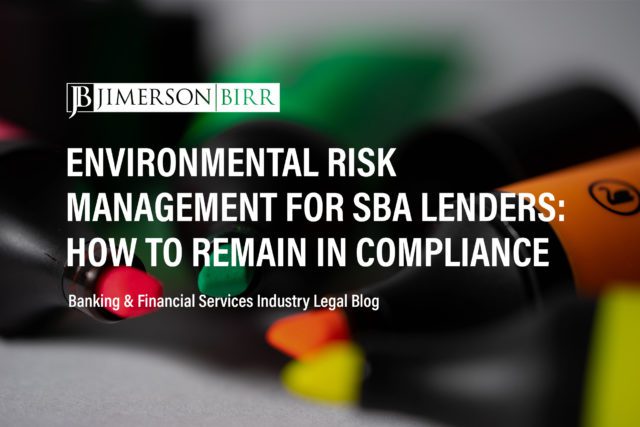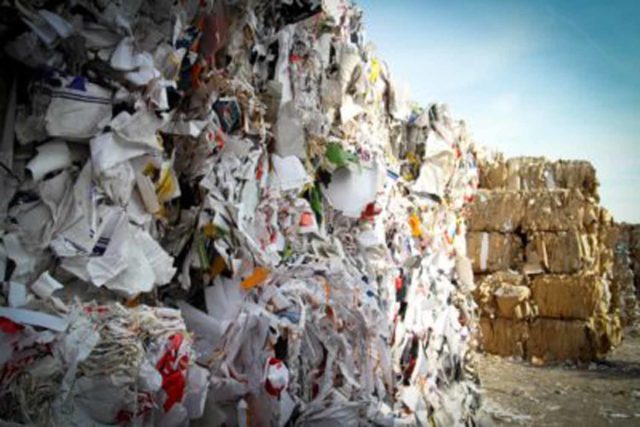What do climate change and sustainability entail?
Climate change and sustainability are crucial aspects of environmental law in Florida. Environmental law addresses the potential consequences of climate change, such as sea-level rise, extreme weather events, and biodiversity loss. On the other hand, sustainability focuses on preserving resources for future generations while promoting economic growth and social equity. Within Florida’s legal framework, climate change and sustainability are interconnected concepts.
One example of Florida’s commitment to addressing climate change is the Florida Coastal Protection Act (FCPA). This legislation mandates state agencies to plan for sea-level rise and implement adaptive measures. Additionally, the FCPA seeks to enhance the state’s coastal resilience to climate-related hazards. Another example is the Florida Renewable Energy Policy Act (FREPA). The FREPA encourages using renewable energy sources, such as solar and wind power, which reduce greenhouse gas emissions and foster sustainable development.
Need help regarding environmental due diligence, permitting, mitigation, or compliance? Schedule your consultation today with a top environmental law attorney.
In Florida, which laws and regulations apply to climate change and sustainability?
Several Florida and federal laws and regulations address climate change and sustainability in environmental matters. Florida’s statutes include the Florida Coastal Protection Act (FCPA) and the Florida Renewable Energy Policy Act (FREPA), which directly address climate change mitigation and sustainability efforts.
The Clean Air Act (CAA) regulates greenhouse gas emissions from stationary and mobile sources at the federal level. Under the CAA, the Environmental Protection Agency (EPA) sets standards to limit air pollutants, including carbon dioxide and other greenhouse gases, to mitigate climate change. In addition, the National Environmental Policy Act (NEPA) requires federal agencies to consider the environmental impacts of their actions, including climate change-related effects, during project planning and decision-making.
Moreover, the federal government has implemented regulations and policies to promote sustainability, such as the Energy Independence and Security Act (EISA), which aims to improve energy efficiency and increase renewable energy sources. By addressing climate change and fostering sustainable development, these laws and regulations safeguard Florida’s natural resources and ensure a healthy environment for future generations.
What are common issues regarding climate change and sustainability that lead to litigation?
The following issues are among the most common in actions regarding climate change and sustainability in environmental law matters:
- Sea-level rise and coastal erosion: Florida’s extensive coastline makes it vulnerable to rising sea levels and coastal erosion. Disputes often arise over the responsibility for property damage, infrastructure costs, and adaptation measures.
- Greenhouse gas emissions: Litigation may involve regulating and controlling greenhouse gas emissions, especially when companies fail to comply with state or federal emission standards, leading to disputes with regulatory agencies or neighboring communities.
- Land use and zoning: Conflicts may arise when local governments adopt zoning regulations or development plans to mitigate climate change impacts or promote sustainable growth, prompting challenges from property owners or developers.
- Renewable energy projects: Disputes can emerge over the permitting, constructing, and operating renewable energy projects, such as solar or wind farms, and allocating costs and benefits among stakeholders.
When a set of facts is appropriate for legal intervention, there are many paths a claimant may take. We are value-based attorneys at Jimerson Birr, which means we look at each action with our clients from the point of view of costs and benefits while reducing liability. Then, based on our client’s objectives, we chart a path to seek appropriate remedies.
To determine whether your unique situation may necessitate litigation, please contact our office to set up your initial consultation.
What claims about climate change and sustainability do plaintiffs generally bring to court, and what are common legal defenses?
A plaintiff must satisfy specific procedural and evidentiary requirements to file a climate change and sustainability-related lawsuit in environmental law matters. These often include demonstrating standing to sue, alleging a cognizable legal claim, and presenting sufficient evidence to support the claim.
Common claims that real estate developers and businesses face related to climate change and sustainability include the following:
- Nuisance claims for contributing to climate change impacts, such as flooding or air pollution.
- Violations of environmental statutes or regulations, including emission standards and permitting requirements.
- Breach of contract claims related to green building standards, energy efficiency measures, or renewable energy commitments.
- Failure to disclose or adequately address climate change risks in real estate transactions or corporate disclosures.
Real estate developers and businesses often raise several legal defenses against claims related to climate change and sustainability, such as:
- Lack of standing: Arguing that the plaintiff lacks the legal right to bring the claim or is not directly harmed by the alleged actions.
- Preemption: Asserting that federal or state law supersedes local regulations and restricts the plaintiff’s claim.
- Regulatory compliance: Demonstrating that the defendant has complied with all applicable environmental laws and regulations, negating any alleged violation.
- Act of God or force majeure: Contending that extreme weather events or other unforeseen circumstances caused the damages and that the defendant could not reasonably foresee or prevent them.
Please contact our office to set up your initial consultation to see what actions or defenses may be available for your unique situation.
What are effective measures to minimize the risk of litigation?
To successfully mitigate the risk of litigation over climate change and sustainability in environmental law matters, consider the following measures:
- Compliance with laws and regulations: Ensure adherence to all relevant federal and Florida environmental statutes, codes, and regulations, including emission standards and permitting requirements.
- Risk assessment and management: Conduct regular assessments of climate change risks and implement proactive measures to address them, such as improving infrastructure resilience, adopting sustainable land use practices, and investing in renewable energy.
- Transparency and disclosure: Accurately disclose climate change risks in real estate transactions, corporate disclosures, and other required documentation, minimizing potential disputes related to non-disclosure or misrepresentation.
- Engage in stakeholder collaboration: Collaborate with local communities, government agencies, and other stakeholders to address shared climate change concerns, fostering a cooperative approach that may help prevent litigation.
Frequently Asked Questions
- How does Florida law address climate change and sustainability?
Florida law incorporates various statutes, regulations, and initiatives that address climate change and sustainability, including coastal management policies, energy efficiency standards, and greenhouse gas emission regulations. Additionally, local governments in Florida may adopt specific zoning regulations and development plans to mitigate climate change impacts and promote sustainable growth.
- Can businesses be held liable for climate change-related damages in Florida?
Yes, businesses may face liability for climate change-related damages in Florida if they fail to comply with environmental laws, contribute to nuisance conditions such as flooding or air pollution, or inadequately disclose climate change risks in real estate transactions or corporate disclosures.
- Are there any incentives for businesses in Florida to adopt sustainable practices?
Florida offers various incentives for businesses to adopt sustainable practices, such as tax credits, rebates, and financing options for renewable energy projects, energy efficiency improvements, and green building initiatives. These incentives promote sustainable development and may help businesses reduce their exposure to climate change-related litigation.
Have more questions about an environmental law-related situation?
Crucially, this overview of climate change and sustainability does not begin to cover all the laws implicated by this issue or the factors that may compel the application of such laws. Every case is unique, and the laws can produce different outcomes depending on the individual circumstances.
Jimerson Birr attorneys guide our clients to help make informed decisions while ensuring their rights are respected and protected. Our lawyers are highly trained and experienced in the nuances of the law, so they can accurately interpret statutes and case law and holistically prepare individuals or companies for their legal endeavors. Through this intense personal investment and advocacy, our lawyers will help resolve the issue’s complicated legal problems efficiently and effectively.
Having a Jimerson Birr attorney on your side means securing a team of seasoned, multi-dimensional, cross-functional legal professionals. Whether it is a transaction, an operational issue, a regulatory challenge, or a contested legal predicament that may require court intervention, we remain tireless advocates at every step. Being a value-added law firm means putting the client at the forefront of everything we do. We use our experience to help our clients navigate even the most complex problems and come out the other side triumphant.
If you want to understand your case, the merits of your claim or defense, potential monetary awards, or the amount of exposure you face, you should speak with a qualified Jimerson Birr lawyer. Our experienced team of attorneys is here to help. Call Jimerson Birr at (904) 389-0050 or use the contact form to schedule a consultation.

We live by our 7 Superior Service Commitments
- Conferring Client-Defined Value
- Efficient and Cost-Effective
- Accessibility
- Delivering an Experience While Delivering Results
- Meaningful and Enduring Partnership
- Exceptional Communication Based Upon Listening
- Accountability to Goals











